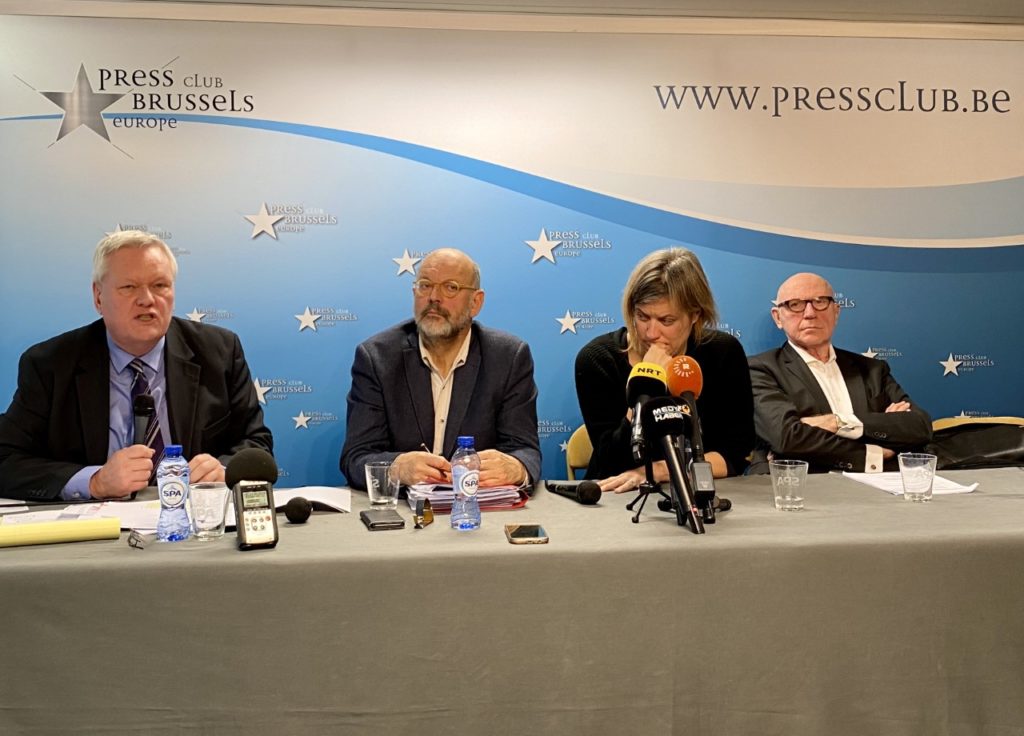The Belgian Court of Cassation confirmed on Tuesday a decision by the Brussels Court of Appeal that PKK, the Kurdistan Workers Party in Turkey, should not be classified as a terrorist organisation. The Belgian Minster of Foreign Affairs, Philippe Goffin, responded that the ruling would not affect the government’s position.
The ruling by the court, in fact Belgium’s supreme court, states that EU anti-terrorism legislation cannot be applied on PKK since it is party in a non-international armed conflict or civil war where the use of legitimate military force is allowed.
PKK is included in an EU list of terrorist organisations decided by the European Council. The Court of First Instance, part of the European Court of Justice, ruled last November that the decisions taken by the Council since 2014 to include PKK in the list were taken on insufficient reasons. The Council has appealed that decision and continues to include PKK in the list.
The EU terrorist list sets out persons, groups and entities subject to restrictive measures with a view to combating terrorism. Persons, groups and entities on the list are subject to the freezing of their funds and other financial assets in the EU. It is also prohibited for EU operators to make funds and economic resources available to them.
The Belgian court case dragged on for years and involved 41 individuals and entities in Belgium, including a Kurdish media company, for their alleged membership in PKK. They were not accused of any crimes in Belgium but for belonging to PKK which the Turkish government considers a terrorist organisation.
At a press briefing at Press Club Brussels today (30 January), the legal team representing the defendants explained the judicial proceedings. MEPs of three political party groups in the European Parliament (S&D, GUE/NGL and Greens/EFA) spoke also at the briefing.
According to the legal team, the Turkish government was recognized as a civil party in the trial and had full access to all documents. The team also claimed that the US embassy in Brussels exerted pressure on Belgium to outlaw PKK.
“The decision of the Court is the expression of the judiciary, which is strictly independent of the executive, and as such must be understood by all actors,” the Belgian foreign minister said vaguely in a statement.
The Brussels Times asked the legal team if not a government in a rule of law country is obliged to obey by the rulings of its own court and apply it when voting on the terrorist list in the European Council. Jan Fermon, Secretary General of the International Association of Democratic Lawyers, replied that a mere expression of opinion cannot be considered as non-respect of the court.
“The Council decision on listing organisations in the EU terrorist list is mainly a political decision,” he said.
Members of the legal team hoped that the Belgian court ruling would pave the way for the delisting of PKK. The Council reviews the list at least every 6 months According to the Council’s criteria for listing, the list should be drawn up from precise information indicating that a decision has been taken by a judicial or equivalent competent authority in respect of the person, group or entity concerned.
M. Apelblat
The Brussels Times

